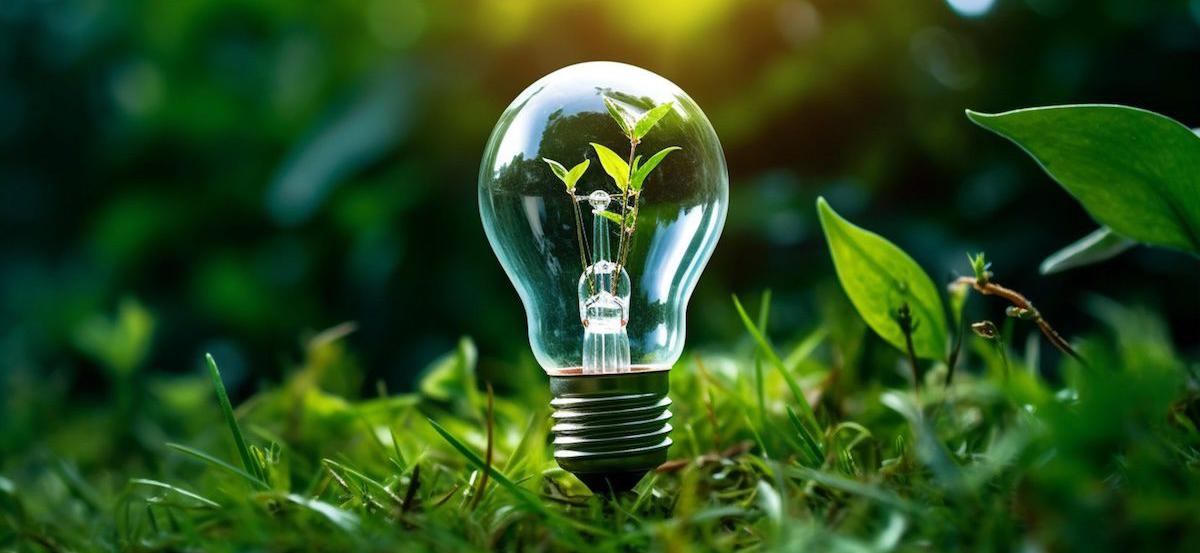Energy Efficiency
Energy-based
These projects aim to reduce the amount of energy required for various activities, such as heating, cooling, and lighting, through improved technologies and processes. Energy efficiency reduces overall energy consumption and greenhouse gas emissions, making it one of the most cost-effective offset solutions.
Energy efficiency is the practice of reducing the amount of energy needed to perform a given task.
By implementing energy-efficient measures, individuals and organizations can save money, reduce their carbon footprint, and contribute to a more sustainable future.
Key Areas for Energy Efficiency
Energy efficiency can be achieved in various areas, including:
- Lighting: Replacing traditional incandescent bulbs with energy-efficient LED or CFL bulbs can significantly reduce lighting energy consumption.
- Heating and Cooling: Improving insulation, sealing air leaks, and using efficient heating and cooling systems can reduce the energy required to maintain comfortable indoor temperatures.
- Appliances: Choosing energy-efficient appliances, such as refrigerators, washing machines, and dryers, can lower energy consumption and reduce utility bills.
- Industrial Processes: Optimizing industrial processes, improving equipment efficiency, and reducing energy waste can lead to significant energy savings for businesses.
Benefits of Energy Efficiency
Energy efficiency offers numerous benefits, including:
- Reduced Energy Costs: By implementing energy-efficient measures, individuals and organizations can lower their energy bills and save money.
- Reduced Carbon Footprint: Energy efficiency helps to reduce greenhouse gas emissions, contributing to the fight against climate change.
- Improved Air Quality: Reducing energy consumption from fossil fuels can help improve air quality.
- Enhanced Energy Security: Energy efficiency can reduce reliance on foreign energy sources, promoting energy independence.
- Economic Growth: Energy efficiency can stimulate economic growth by creating jobs in the energy efficiency sector.
Challenges and Considerations
While energy efficiency offers significant benefits, there are also challenges to consider:
- Upfront Costs: Implementing energy-efficient measures may require initial investments, such as replacing old equipment or upgrading insulation. However, the long-term savings often outweigh the upfront costs.
- Behavioral Changes: Adopting energy-efficient habits, such as turning off lights and appliances when not in use, may require behavioral changes.
- Technological Limitations: In some cases, technological limitations may constrain the potential for energy efficiency improvements.
Conclusion
Energy efficiency is a critical component of a sustainable future. By reducing energy consumption and reducing greenhouse gas emissions, energy efficiency can help to create a cleaner, healthier, and more prosperous world. Implementing energy-efficient measures is a smart investment that benefits both individuals and society as a whole.
